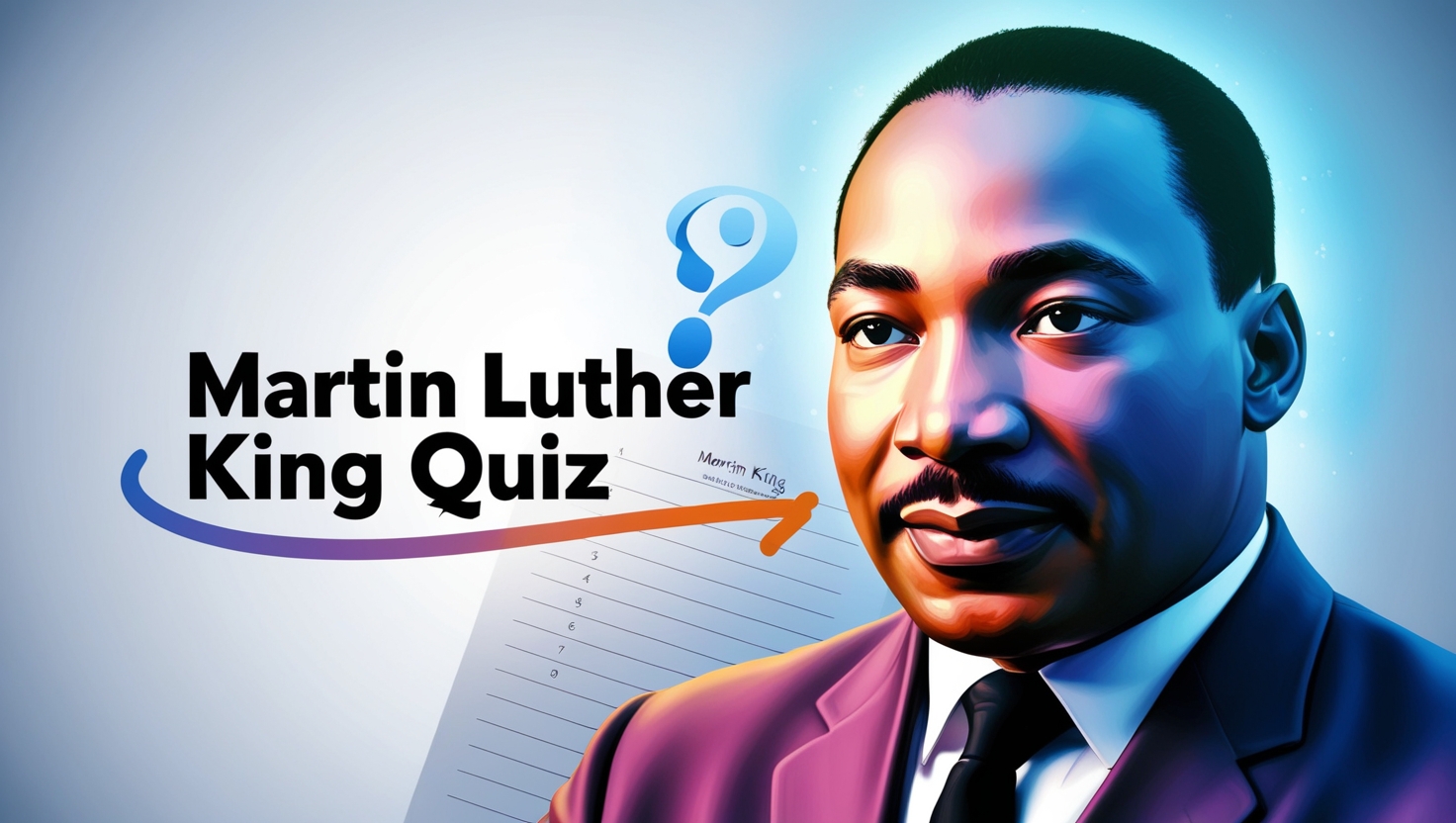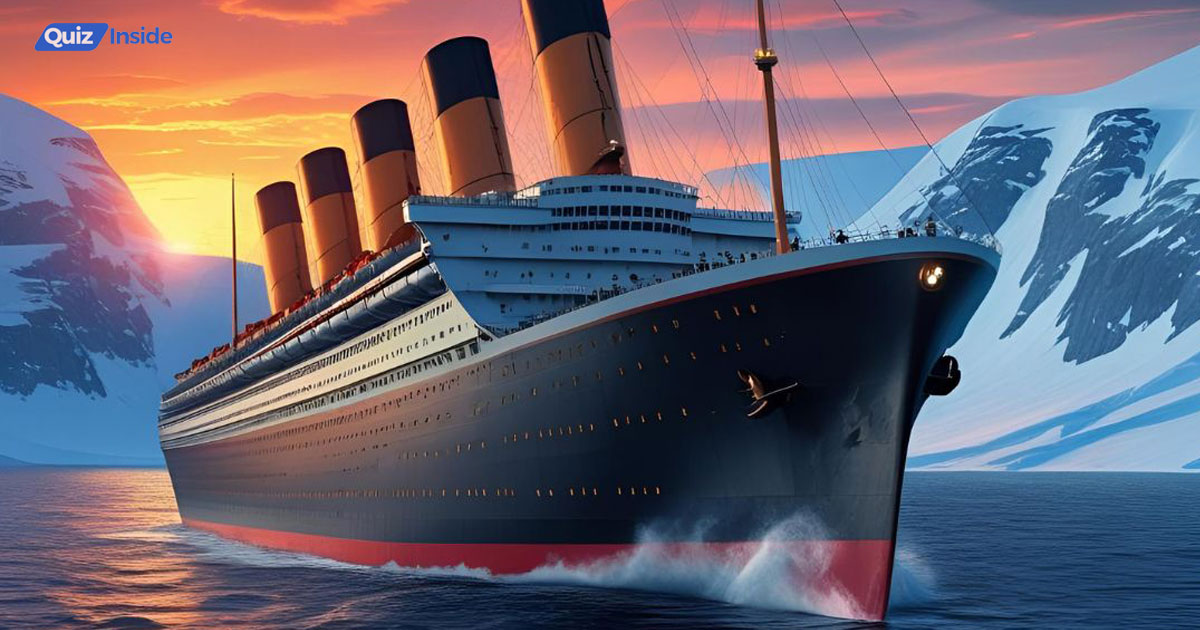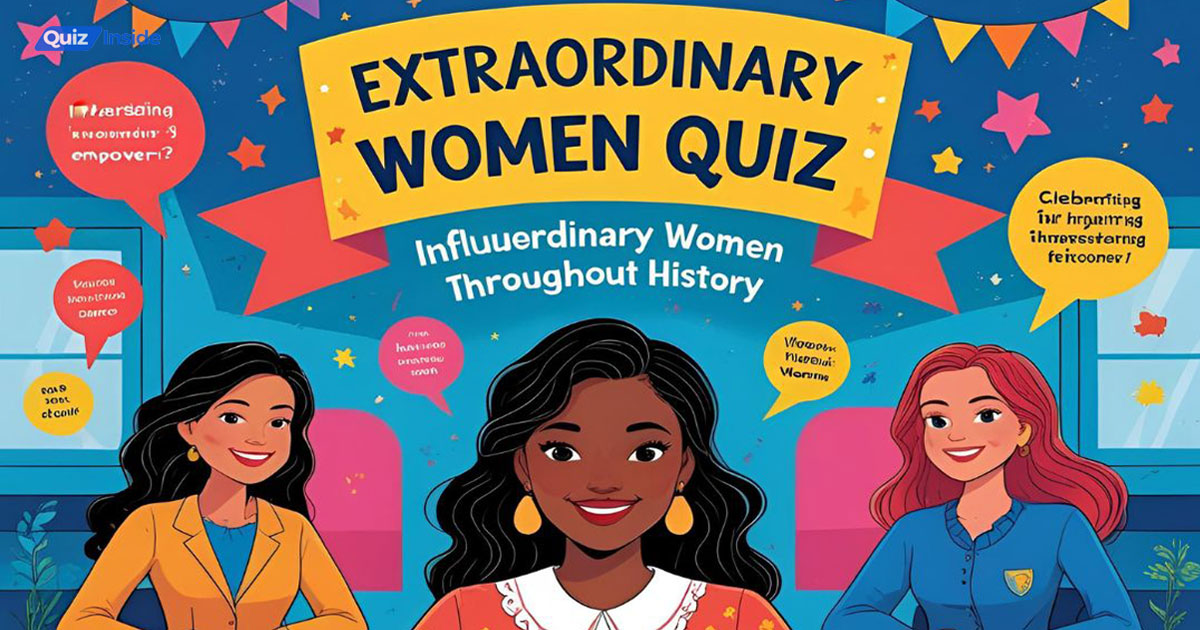Ready to unravel the mysteries of ancient Egypt? Test your knowledge with our fun and challenging Egypt quiz! From the towering pyramids to the mighty Nile, discover fascinating facts about this incredible civilization and see how well you know the Land of Pharaohs.
Unveiling the Mysteries: An Egypt Quiz That Takes You Back in Time
The allure of Egypt is undeniable. It’s a land where history isn’t just studied; it’s felt in the very air you breathe. The majestic pyramids, the intricate hieroglyphs, the stories of powerful pharaohs and legendary queens—all of it weaves a tapestry of a civilization that has captivated the world for millennia. But beyond the well-known landmarks and tales, how much do you truly know about this ancient and modern nation? This Egypt quiz is designed to take you on a journey through time, challenging your knowledge of everything from ancient mythology to contemporary culture. It’s not just a test; it’s an exploration.
Think you know your pharaohs from your pyramids? Can you distinguish between the Valley of the Kings and the Valley of the Queens? Are you familiar with the gods and goddesses who governed the lives of the ancient Egyptians? This article, in the form of a detailed and engaging quiz, will push your understanding further. It’s perfect for students, history buffs, or anyone planning a trip to this incredible country. Our goal is to make learning about Egypt as fun and interactive as possible, sparking curiosity and a deeper appreciation for its rich heritage.
Why Take an Egypt Quiz?
Taking an Egypt quiz goes beyond simply testing your memory—it is an engaging way to travel back in time and connect with one of the greatest civilizations in history. Quizzes help you retain knowledge better than simply reading because they challenge your brain to recall information. This active recall improves memory, boosts curiosity, and keeps learning enjoyable.
Another reason to take such quizzes is that they provide an opportunity to explore topics you might have never thought about before. For example, you may know about the Pyramids of Giza, but do you know why they were aligned with specific stars? Or perhaps you’ve heard of Cleopatra, but are you familiar with her diplomatic strategies? By engaging in a quiz, you encounter details that make the bigger picture of Egypt even more fascinating.
Quizzes also help people bond. Teachers use them in classrooms to spark discussions, families use them for fun during gatherings, and travelers use them to prepare for their trips. Whether you want to improve your general knowledge, challenge a friend, or simply entertain yourself, Egypt quizzes offer the perfect balance of fun and education.
Egypt quizzes can cover a wide range of topics such as:
-
Ancient pharaohs and their reigns.
-
The pyramids and temples.
-
Egyptian gods and mythology.
-
Geography and landmarks of Egypt.
-
Modern Egyptian culture and traditions.
By engaging with these questions, you will strengthen your historical knowledge while having fun.
What Can You Expect?
When you take an Egypt quiz, expect to dive into multiple layers of knowledge. These quizzes don’t just stick to pyramids and mummies—they explore culture, geography, mythology, and even modern Egypt. Some questions may be straightforward, like “Who built the Great Pyramid of Giza?” while others might require deeper thinking, such as “How did the annual flooding of the Nile shape Egyptian society?”
You can expect quizzes to vary in difficulty. Beginners may enjoy light trivia about popular landmarks, while history enthusiasts can tackle advanced questions on hieroglyphics, dynasties, and ancient rituals. This variety makes the quiz suitable for learners of all levels.
You should also expect to come away with new insights. Even if you don’t answer every question correctly, each one teaches you something new. In other words, every Egypt quiz doubles as a mini history lesson, making it an enjoyable and productive way to spend your time.
Ancient Egypt: The Civilization of Wonders
Egypt’s civilization is one of the most influential in human history. It flourished along the Nile River for thousands of years, creating advancements in science, architecture, writing, and religion. The most striking evidence of its greatness lies in its monuments—the pyramids, temples, and tombs—that still stand tall today.
The Great Pyramid of Giza, for example, is one of the Seven Wonders of the Ancient World and the only one still standing. These structures are not just marvels of architecture; they reflect the power and vision of the pharaohs who commissioned them.
Ancient Egypt also gifted the world the hieroglyphic writing system, which combined symbols and pictures to convey meaning. Their religious beliefs influenced not only their daily lives but also their architecture, as temples and tombs were designed to honor gods and guide souls into the afterlife.
Egyptian Geography: Land of the Nile
Egypt’s geography played a central role in shaping its civilization. The Nile River, often referred to as the lifeline of Egypt, provided fertile soil for agriculture, fresh water, and a natural highway for trade and communication.
Here is a quick look at Egypt’s geographical highlights:
| Feature | Importance |
|---|---|
| The Nile River | Main source of water, agriculture, and transportation. |
| The Sahara Desert | Protected Egypt from invasions but also limited fertile land. |
| The Mediterranean Sea | Opened Egypt to trade with Europe and the Middle East. |
| Red Sea | Key for maritime routes and trade with Asia. |
| Delta Region | Fertile land for farming and settlement. |
This geographical advantage allowed ancient Egypt to thrive when many other civilizations struggled to survive. Even today, about 95% of Egyptians live near the Nile, highlighting its ongoing importance.
Egyptian Mythology and Gods
Egyptian religion was deeply woven into everyday life. The ancient Egyptians believed in a pantheon of gods and goddesses, each with specific roles. Ra, the sun god, symbolized creation and power. Osiris, god of the afterlife, ruled over death and rebirth, while Isis, his wife, represented magic and motherhood.
Temples across Egypt were built in honor of these deities, and myths surrounding them shaped Egyptian philosophy, rituals, and burial practices. One of the most famous beliefs was the concept of the afterlife, where souls were judged by their deeds before being granted eternal peace.
Egypt in the Modern World
While ancient Egypt often dominates conversations, modern Egypt is just as fascinating. Today, Cairo, the capital, is one of the largest cities in Africa and the Middle East. Egypt is home to a mix of Islamic, Coptic, and modern architecture, reflecting its diverse cultural heritage.
Tourism remains a vital part of Egypt’s economy, with millions visiting each year to see the pyramids, the Valley of the Kings, and the Egyptian Museum. The country also continues to play an important role in international trade due to the Suez Canal, which connects the Mediterranean Sea to the Red Sea.
Let’s Play
Now that you know the importance of Egypt quizzes and what they involve, it’s time to play! Imagine yourself as an explorer standing at the base of the Great Pyramid or sailing down the Nile on a traditional felucca boat. Each question you answer is like unlocking a hidden treasure of knowledge about this magical land.
Here’s how you can approach the quiz: start with the easier questions to build confidence, then challenge yourself with more complex ones. If you’re playing with friends or family, keep score and see who can become the “Pharaoh of Knowledge.”
Quizzes can be taken online, in classrooms, or even created as a fun game night activity at home. With Egypt’s rich history and culture, there’s no shortage of fascinating topics to turn into quiz questions. So, take a deep breath, put your thinking cap on, and get ready to journey through Egypt—one question at a time.
FAQs About Egypt Quiz
Q1: Why is the Nile River important to Egypt?
A1: The Nile provides fertile soil, water, and transportation, which made Egyptian civilization flourish.
Q2: What is the most famous Egyptian monument?
A2: The Great Pyramid of Giza is the most iconic monument in Egypt.
Q3: Who was the last pharaoh of Egypt?
A3: Cleopatra VII was the last active ruler of ancient Egypt.
Q4: Why are pyramids important in Egypt?
A4: Pyramids were built as tombs for pharaohs and symbolized their power and journey to the afterlife.
Q5: How did mythology influence Egyptian life?
A5: Egyptian mythology shaped religion, rituals, art, and even political authority.
Q6: What role does Egypt play today?
A6: Egypt is a cultural and political hub, with Cairo as a major city and the Suez Canal as a global trade link.
Q7: What language did ancient Egyptians use?
A7: They used hieroglyphics, a picture-based writing system.
Q8: What is Egypt best known for today?
A8: Egypt is known for its ancient history, pyramids, temples, Nile cruises, and cultural heritage.
Conclusion
Egypt is a land of wonders that bridges the past and the present. From the mighty pharaohs to the mystical gods, from the Nile River to the modern Suez Canal, Egypt continues to captivate people worldwide. Taking an Egypt quiz is not just a test of knowledge—it is a journey through time that helps us appreciate one of the most influential civilizations in human history.
Whether you are preparing for a school project, planning to visit Egypt, or simply fascinated by history, quizzes are the perfect way to explore this enchanting land. So, the next time you encounter an Egypt quiz, take it with enthusiasm—you may be surprised at how much you know and how much more you will discover.



